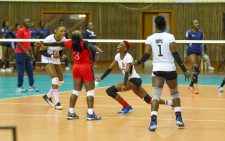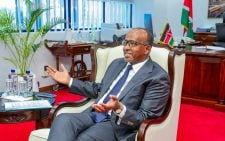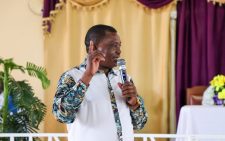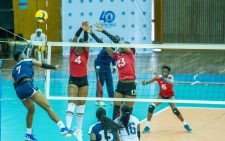Allow students to make best use of school library
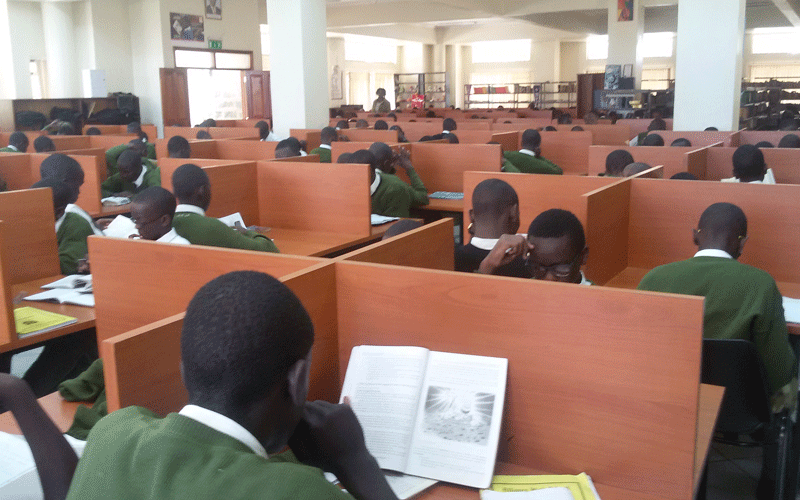
Three years ago, I met the then Deputy Principal of Kakamega High School whom I requested that his school create time for students to read at the school library.
I had nostalgic memory of the rich collection of books I had seen in the school library and thought of the young students in that school who could, if given time, make the best use of their secondary education by reading some of the books I read while an “A-level” student in 1983/4.
The school library is a central point for all kinds of reading, access to information, knowledge building and deep thinking.
In its Manifesto of 1999 the International Federation of Library Association’s declares: “The school library provides information and ideas that are fundamental to functioning successfully in today’s information and knowledge-based society.
The school library equips students with lifelong learning skills and develops the imagination, enabling them to live as responsible citizens.”
The wellspring of the body of knowledge, values and habits of thinking in a schools, is the library. Leading educators will tell you that classroom instruction is not enough.
It must be supplemented and complement by independent studies. Apart from the textbooks, the books in the library provide a valuable resource to learning.
The school library teaches students how to become independent, readers, thinkers and life-long learners.
Unlike the internet, the books in the school library have been carefully selected.
The librarian working with the teachers, take into account the unique needs of the learners as well as the interests of the disciplines being taught when stocking the library.
We have fiction and nonfiction works as well as books whose authors have dealt with nearly all the knowledge, concepts, ideas and thoughts that are in the curriculum.
The difference between secondary schools is not in the number of teachers and the subjects the schools offers but the quality of the school library but how well students use it.
The school library encourages curiosity, innovation and problem-solving—the very traits that the Competence Based Curriculum wants to inculcate in young people.
However, allowing students to visit the library to read and conduct research creates opportunities for students to read more about the content taught thereby making curiosity, innovation and problem-solving more agile than they would otherwise be.
The students come across content, additional content that fortifies their knowledge about the natural environment, humankind and life in general.
Proper use of the library makes students to become fluent and confident readers, speakers and writers.
They come across simulated situations in fictional books and actual situations in nonfiction books which talk about concepts and ideas they are learning.
The books in the library enrich the students’ intellects and lives. It also ably prepares them to deal with national examinations at the end of the four year period.
Allowing students unrestricted, but structured access to the school library, cannot compromise delivery of the prescribed curriculum or syllabus coverage. On the contrary, it enhances it.
Students are able to grasp the demands of the syllabus while at the same time expose themselves to the best fiction and nonfiction works.
I am pitching for unrestricted access of the school library because, I immensely benefited from such freedom.
I first came across President JF Kennedy’s Inaugural Speech and Profiles in Courage in Kakamega High School library.
It is from the speech that the often quoted lines “…ask not what you can do for your country, ask what you can do for your country,” was first uttered.
And from Profiles in Courage, I learned the meaning of impeachment and dissent—words that have become part of our political vocabulary. — The writer is communications officer, Ministry of Education.
